On the surface, Dark Souls seems incredibly nihilistic. Humanity was formed from the titular Lord Soul, meaning that its very nature is darkness. That darkness is presented as such a threat that the gods throw themselves into the flames to continue their Age of Fire and avoid the shadow of humanity until they are too weak to even serve as kindling.
Mankind is even deceived into taking their role and continues to link the flame until time itself collapses, forever upholding the cycle of subjugation and power from the gods. We are given the option to usurp the flame and usher in an age of darkness, but no matter what we do, someone links the fire. Choice is a mere illusion. It’s a dystopian nightmare, and yet it’s strangely optimistic.
Humanity is rooted in the dark, but we see heroes rise to the challenge to be better. One of my favourite stories in the series is that of Lucatiel. She’s reluctant to speak with the strangers who find themselves in Drangleic, wary of their intentions. She even implies that her strange mask is worn to ensure that “people keep a safe distance”, but we persevere, and find a kind-hearted soul beneath the armour (even if she does admit she’d kill us to retain her humanity).
When she offers her assistance, it’s not a hollow gesture. We can call on her in the fight against two of the four powerful Lords, as well as several bosses on the path to each. Meeting her along the way, however, she begins to lose her memory. Such is the curse of the undead. She forgets why she came to Drangleic, growing “weary” as she contemplates her ultimate fate. It’s tragic to watch unfold, but rings true to our own adventure. Dark Souls 2 is designed in such a way that by the time you’re standing in the throne room, fighting your last fight, you aren’t quite sure why you’re there.
But in the face of humanity’s inherent darkness and the unavoidable fate you have been burdened with, there’s a tenderness found by the warmth of the bonfire.
Lucatiel, in her final encounter, begs you to remember her name. It’s a tiny gesture made impossibly grand in the land of Drangleic, and millennia later in Dark Souls 3, her mask tells us that its wearer “feared the fading of her self, and implored a comrade to remember her name. Perhaps that is why this gentleman’s mask is named after a woman.” A final act of compassion.
The Dark Soul Itself Was An Act Of Kindness
Humanity is rooted in darkness, and you could take that to be an allegory for our base instincts, our violent nature and our acclimation to war. But the story of the Furtive Pygmy, “so easily forgotten”, paints a much different picture.
The other Lords kept their souls to themselves, becoming gods. The Furtive Pygmy, however, fragmented their soul to create humanity and share their gift. This darkness wasn’t corrupting or malicious, it was a comforting home to the pygmies, a promise of an equal future. It was only deemed evil in the eyes of Gwyn and his ilk as it threatened his golden age.
That which the series is named after was really a gift, not a curse, and through characters like Lucatiel, we see that idea live on even as ages pass.
It’s not just in the story that we witness kindness at the root of humanity, but in the games’ very mechanics. While messages from other players can vary from silly and comedic to malicious and unhelpful, they are more often invaluable. Players point out hidden walls so that strangers may find treasure, they mark invisible bridges to aid others in crossing them, and they scrawl moments of despair, so that others may send them aid.
We also see this cooperative spirit with the soapstones, as many are willing to leap between worlds and help one another, much as Lucatiel did for us. Dark Souls is about the bond between humanity, both in real life and in the game’s world.
The futility of our choice might overshadow this idea, but as the second game shows, the smaller moments along our journey are what’s important, not how it ends. Helping Lucatiel had more of a lasting impact than our sitting on the throne, because that’s what drives this series. It’s about kinship, and coming to understand that makes every step throughout the Dark Souls trilogy so much more uplifting.
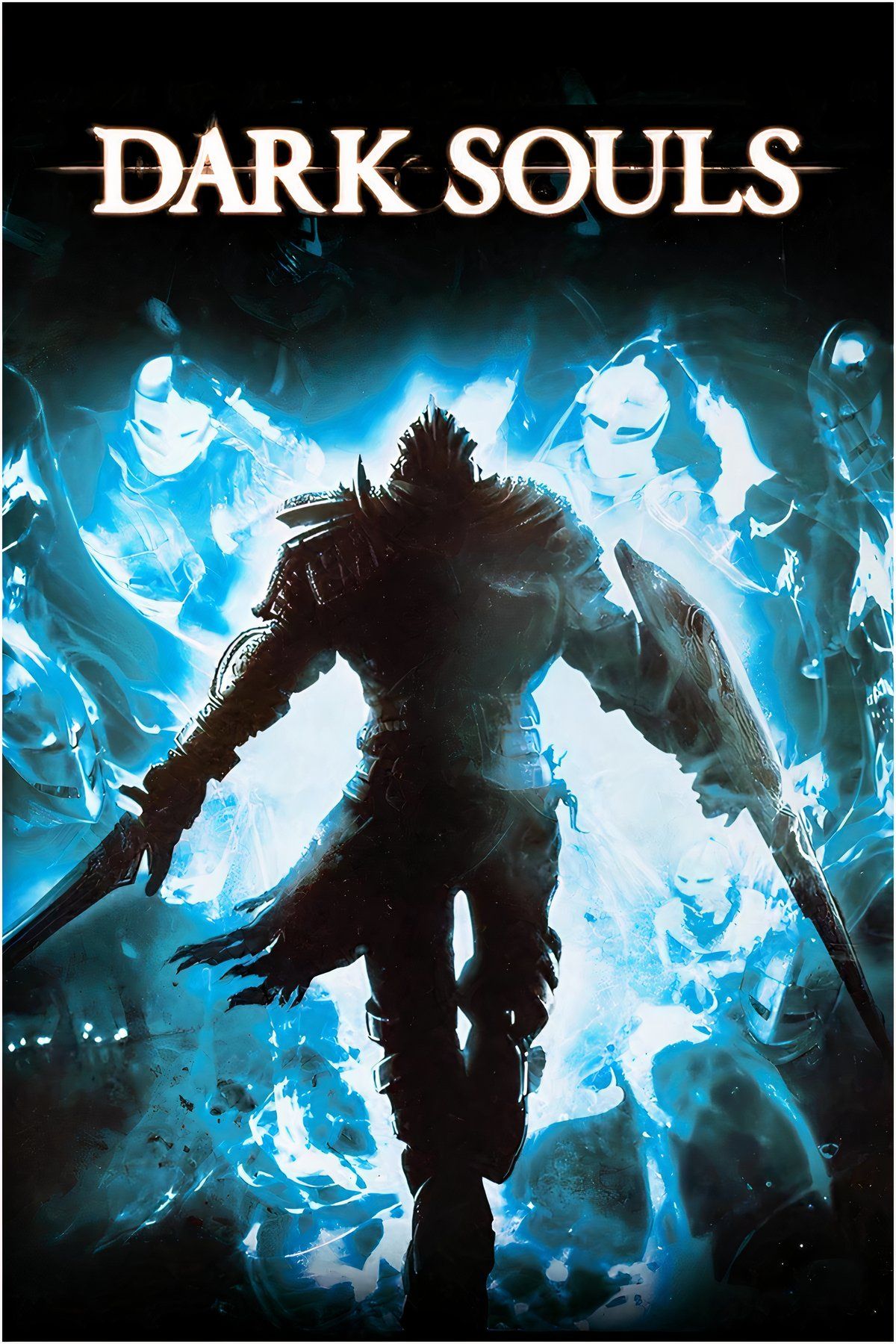
Source link
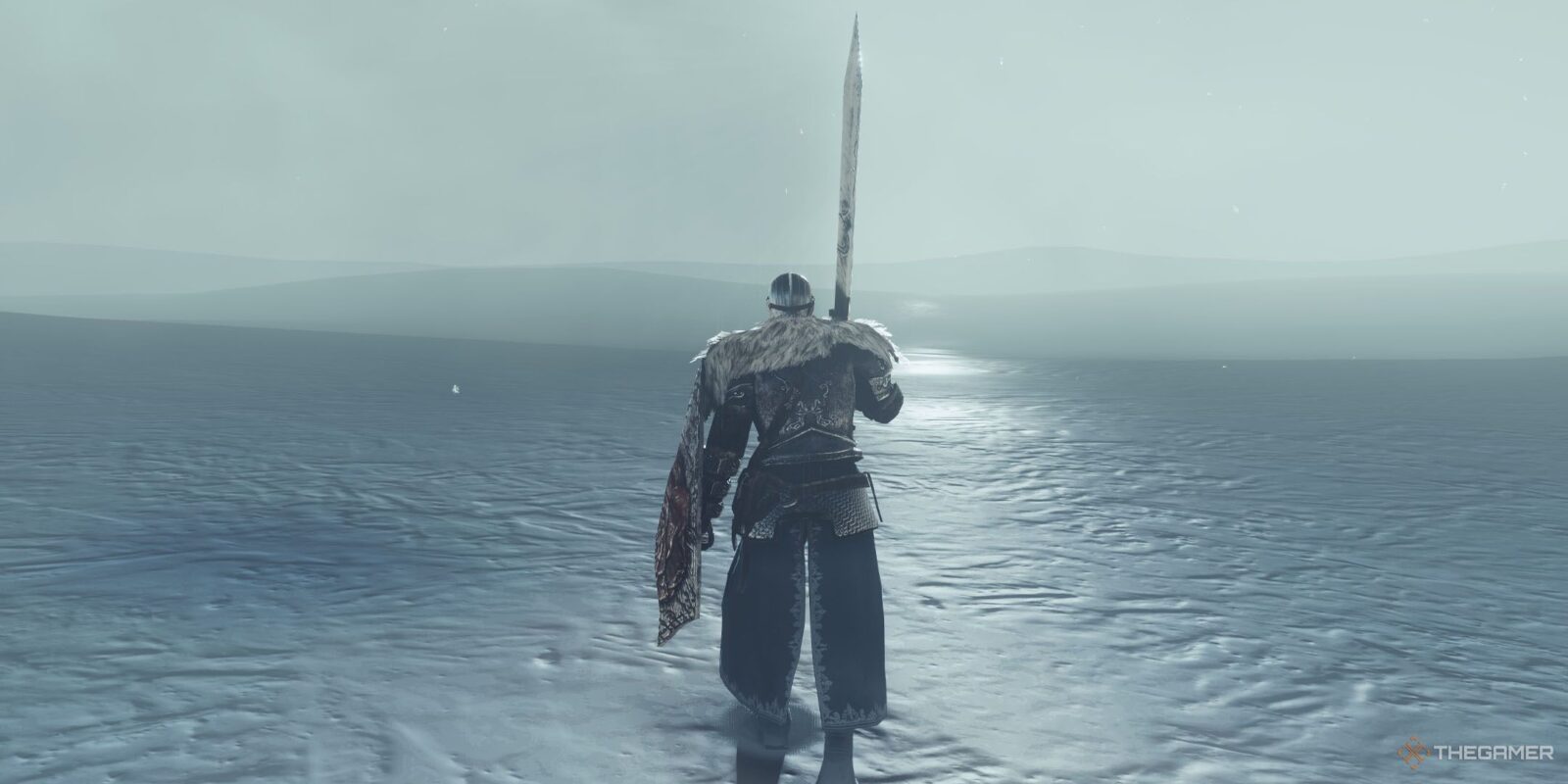

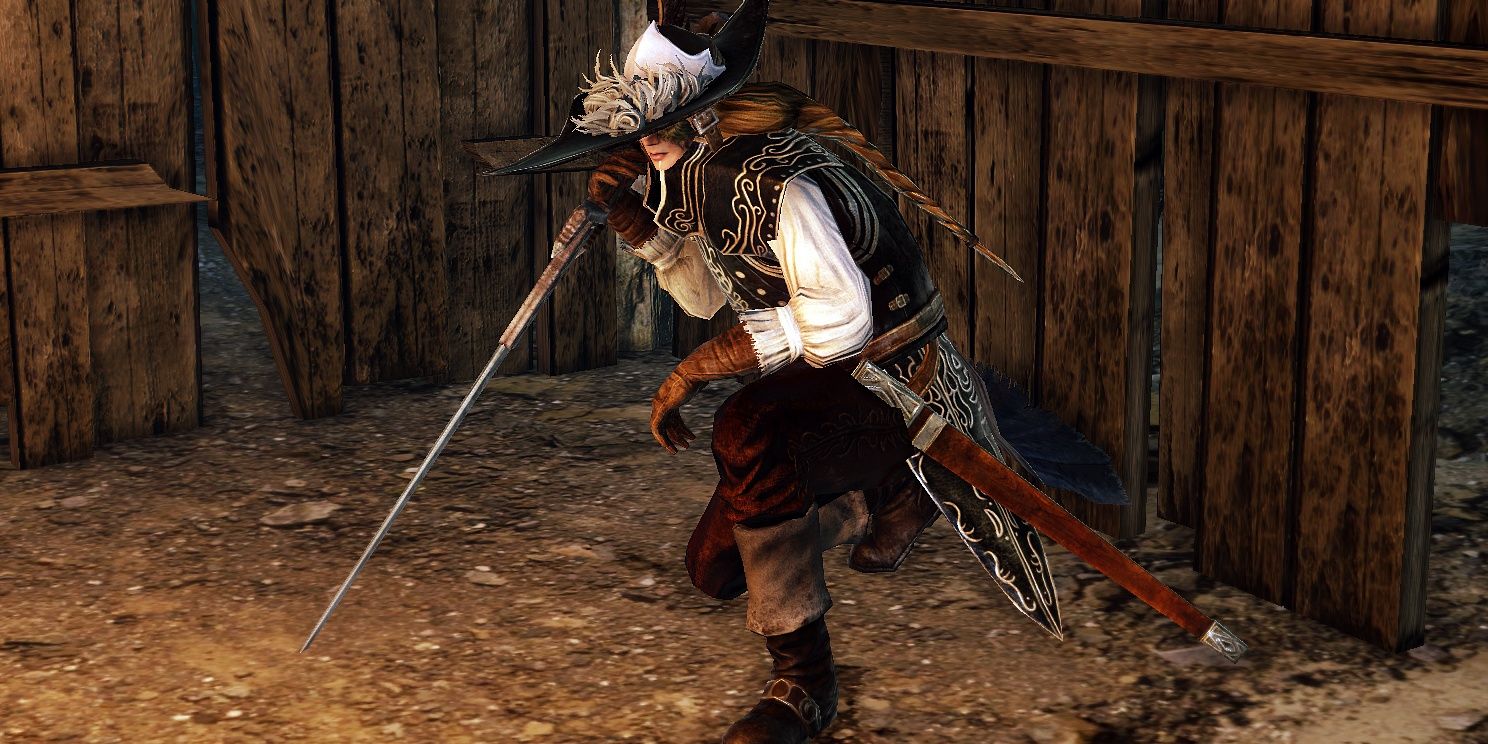
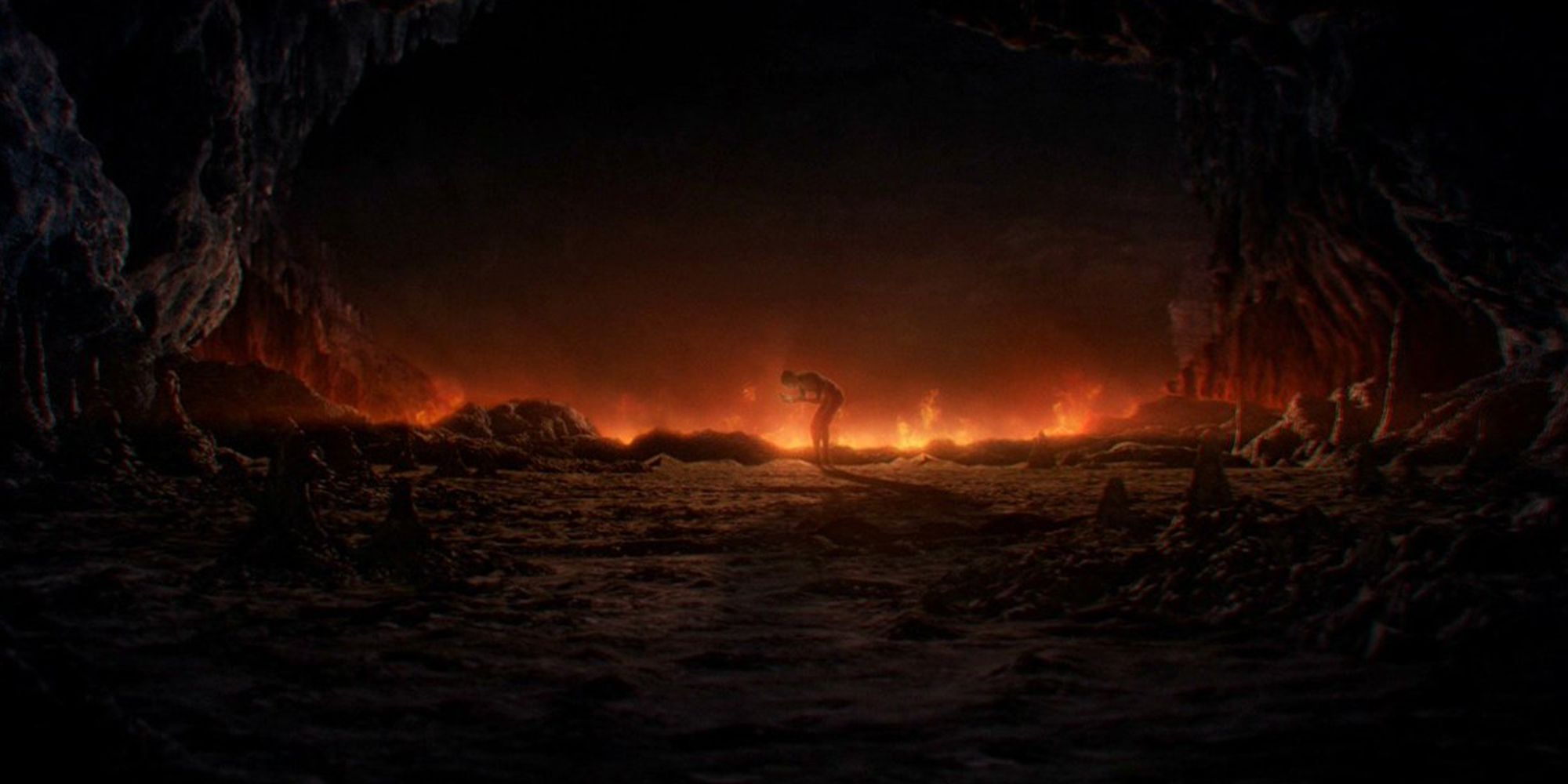





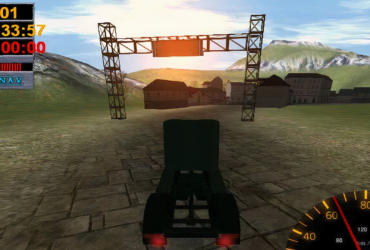



Leave a Reply